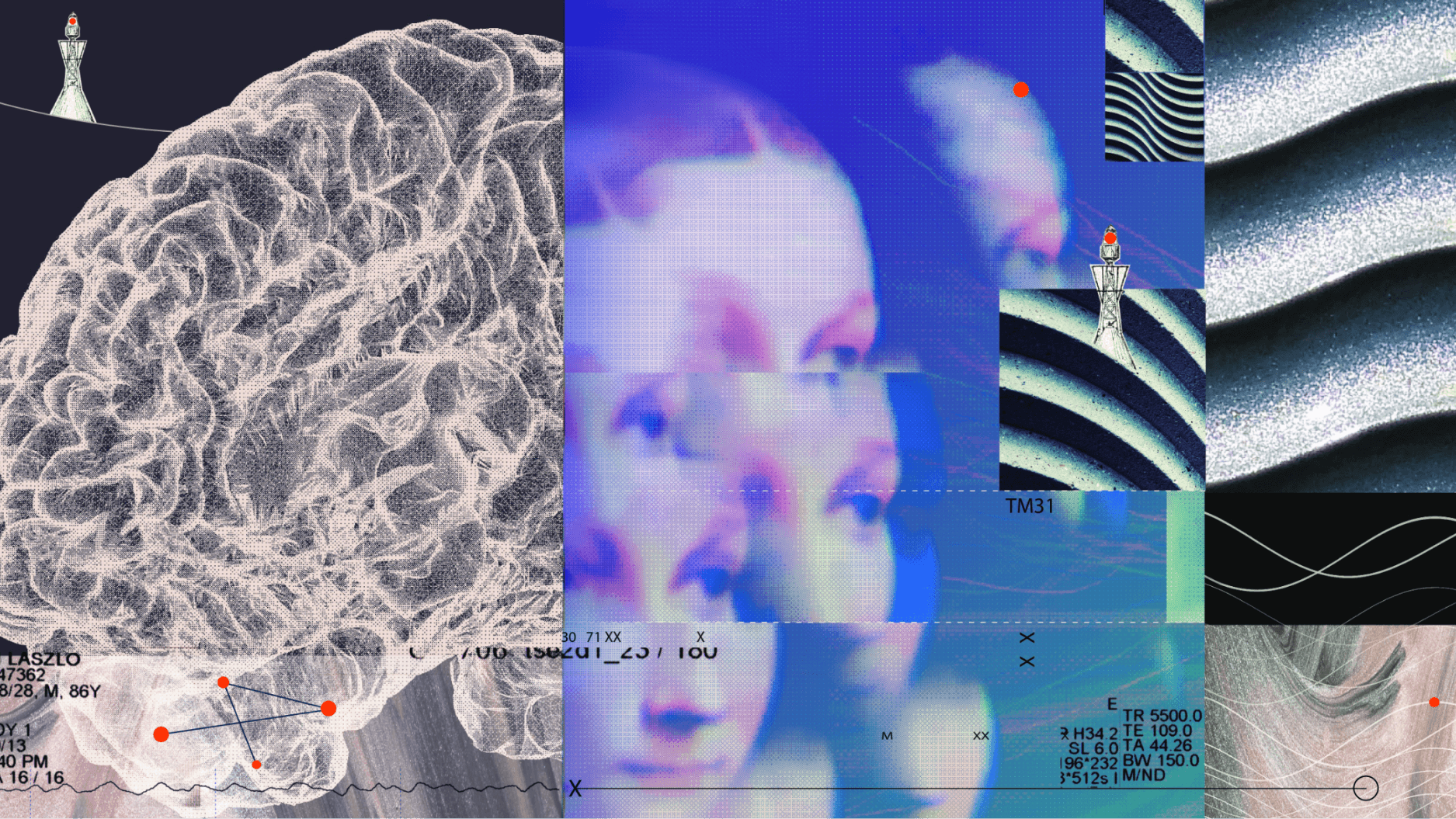What if we could slow down the hands of our biological clocks? This question underpins the research conducted by Morgan Levine, who leads a team at the life science company Altos Labs.
Levine investigates the mechanisms of aging, recognizing that it doesn’t happen at a uniform pace for everyone. Central to her exploration is the concept of epigenetics — the factors that influence gene activity without changing the DNA sequence. Levine focuses on DNA methylation, a significant epigenetic change that occurs with aging, and the development of models called “epigenetic clocks” that can be used to predict biological age.
While she acknowledges that it might be possible to reverse aging at a cellular level, Levine clarifies that the ultimate goal is not to “cure” aging or death, but to delay disease onset and improve healthspan.
MORGAN LEVINE: Can you actually reverse aging? For those of us that are old enough to go to our 20 or 30-year-old high school reunion, we know that if you were to go there, some people look exactly like they did when they graduated high school, so they haven't changed since they were 18. Whereas, there might be other people who you don't even recognize, and you look at them, and you think, "I can't possibly be that old. We haven't aged that much." So we know inherently that people don't all age at the same rate, and some of us are going to be faster agers, and some of us are going to be slower ages.
A lot of people are very concerned about the aging process because of what it does to our parents, but actually, we know that aging starts on the inside. So how can we actually quantify the aging process, at either the cellular or molecular level? We think this is really critical because it probably has implications for their risk of disease in the future, the remaining life expectancy, and other things that we all care about, in terms of our health.
Ultimately, the question is: How do you become a slow ager? What scientists think is that there are actually changes at the molecular, cellular level that will differentiate how quickly people will age, and how they actually look on the outside. So people in the field have come up with what we might call "hallmarks of aging." So what are these different changes that we see tracking with aging, and also linking to the manifestations that all of us recognize as a part of the aging process?
One of these hallmarks that my lab, in particular, is very interested in is this concept of 'epigenetics.' We all know genetics, so our sequence of DNA that gives rise to our different genes, and epigenetics is really what I like to think of as the operating system of the cell. It's what gives each cell its different, kind of, defining characteristics and phenotype. So even though the cells in your skin and the cells and your brain have essentially the exact same DNA, what makes them different is the epigenome; it gives them their overall function and structure.
One form of epigenetics is called 'DNA methylation.' Scientists found that DNA methylation is changed quite dramatically with aging, and using things like machine learning and AI, we've actually been able to predict how old someone appears based on DNA methylation; and this has been referred to as the 'epigenetic clock,' which is basically just a way to try and quantify biological age based on either gains or losses in methylation at specific regions throughout the genome.
We always think of the movie 'Benjamin Button,' where he aged in reverse- I don't know if scientifically that is possible, especially at a whole body, whole organismal level, although we do know that you can reverse the age of a cell. Every cell in our body has a very specific function, and this function is really dictated by the epigenome. The problem is that, with aging, the epigenome becomes remodeled, either due to stress, or random errors, and what this produces is that each cell is actually going to lose its identity, and not function in the way it was initially intended. And over time, as more and more cells become dysfunctional, you can imagine how this would produce dysfunction at the organ level, and eventually, at the whole system level.
And the epigenome is highly dynamic- these are things that can go, we think, in both directions. So you can increase epigenetic age, but we've also shown that you can actually reverse this in cells. Shinya Yamanaka actually won the Nobel Prize for discovering four factors that can convert an old cell back into what looks like an embryonic stem cell. And later, as scientists were applying things like the epigenetic clock to this data, we found that, not only are you changing the cell type, but you're also erasing or essentially reversing all those epigenetic changes that we've used to try and quantify biological age.
We always thought aging really happened in one direction, and that the only thing you could really do was just slow the accumulation of this damage. But really what this reprogramming of the epigenome tells us is that this is a lot more modifiable and elastic than we originally knew. So the question becomes: How do you do this in a body? Can you actually program cells from an old epigenetic state back into a younger epigenetic state? What does this actually mean for our physiology and our health?
Right now, people are using the epigenetic clock as more of a diagnostic, as opposed to a means to intervene. So people are using it as potentially one indicator of how they're aging overall. It's not a perfect indicator, but it can give people some indication of their health status, and potentially their overall risk of developing different diseases of aging. A lot of the changes that cells undergo with aging including changes to the epigenome, give rise to some diseases like cancer. So the risk of cancer increases exponentially with age, and we think some of this might be due to the types of changes that are measured when we look at the epigenome.
The reason why scientists are so excited about the idea of intervening in the aging process, whether it be slowing the aging process, or reversing the aging process, is because we actually think that in doing so, we can stop all of the different changes that are giving rise to the diseases that we care about. So rather than going after one disease at a time, and having one type of science aimed at trying to cure cancer, and another aimed at diabetes, if we actually could reverse or slow aging, we could basically eliminate diseases, or at least postpone diseases across the board.
So are we going to solve death, and will the epigenetic clock help us get there? My thinking is that we probably will not solve death, and this actually shouldn't be our goal. What our hope is, is that this'll just postpone disease, but we're not going to, quote, 'cure aging,' or cure death overall.
NARRATOR: Get smarter, faster with videos from the world's biggest thinkers. To learn even more from the world's biggest thinkers, get Big Think+ for your business.







